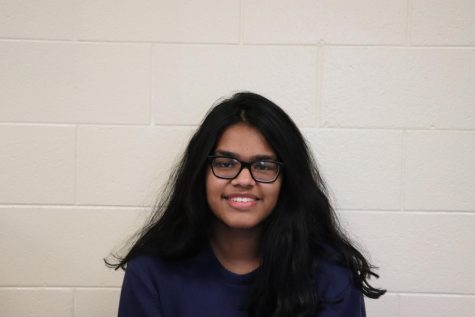Editorial: Her name is Chanel Miller
September 25, 2019
For the past four years, she has been known publicly as Emily Doe, the anonymous woman who brought a sexual assault case against Brock Turner. Her name is Chanel Miller, not “an unconscious, intoxicated woman” or “Brock Turner’s victim.” Miller’s name is a powerful statement of the woman she is: far more than what the headlines made her to be. And she has come forward to reveal her identity before the release of her memoir, “Know My Name,” on Sept. 24.
Miller was assaulted by Turner behind a Stanford University dumpster following a fraternity party in 2015. Even with an ample amount of evidence against him – two Swedish graduate students who chased and held Turner until the authorities arrived – Turner only served three months of a six month sentence in county jail, raising questions regarding race and wealth gap in sentencing. Turner exemplified the bias that favors young, white men in assault and rape cases. What Turner’s conviction would mean for his future should not have been the deciding factor, but it was.
When news of Miller’s case first broke out, in media outlets, Turner was the “Stanford Swimmer” or an “Olympic Hopeful” while Miller was the “intoxicated woman found behind a dumpster.” Emphasizing her levels of intoxication rather than focusing on the real problem encouraged the idea of victim-blaming, driving her to believe that if she didn’t drink that night, she wouldn’t be standing in court with Turner. It’s partly what took Miller so long to reveal her identity: she didn’t want to be what the headlines made her to be amidst her family, friends, and co-workers. In the courtroom and in the public’s eye, Turner was not held responsible for his actions, deepening the damage done to Miller.
During Turner’s sentencing, Miller chose to read her impact statement directed towards him, which was later published by BuzzFeed and read by millions.
“I had to force myself to relearn my real name, my identity. To relearn that this is not all that I am,” Miller said to Turner in her statement. “I am a human being who has been irreversibly hurt, who waited a year to figure out if I was worth something.”
Miller is an important part of the history of millions of survivors and their rightful demand for justice & healing. Her testimony was raw and meaningful, shifting the burden from the victim to the abuser. The awareness she brought as she questioned the routine discrediting of victims through her statement is tremendous, but there is still more to be done to protect survivors. In order for victims to feel safe, the idea of believing & being a source of strength should offset the idea of victim-blaming. When someone comes forward to share their story, despite the many nights of hurting and healing, the least we can do is stand behind them as they fight for their equity.
Miller wrote in her statement, “The night after it happened, he said he didn’t know my name, said he wouldn’t be able to identify my face in a line up.” Neither Turner, nor anyone else, will forget Chanel Miller’s name now.



